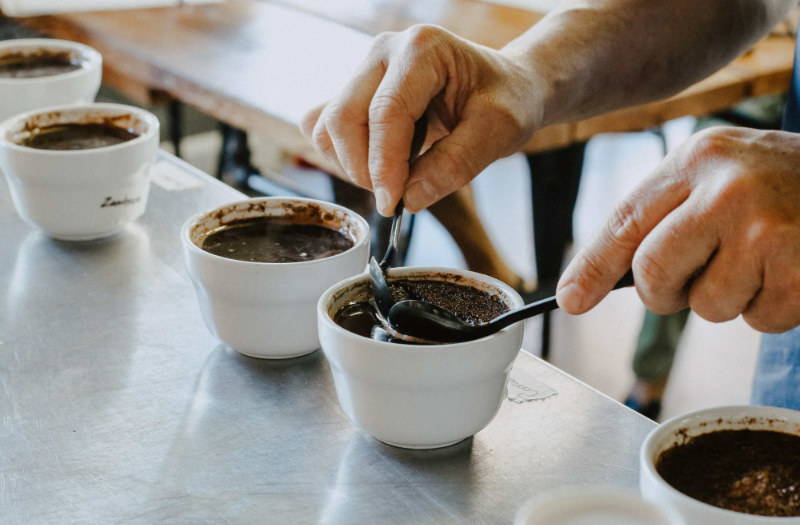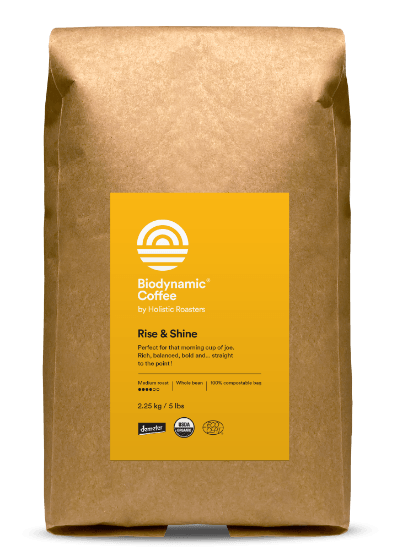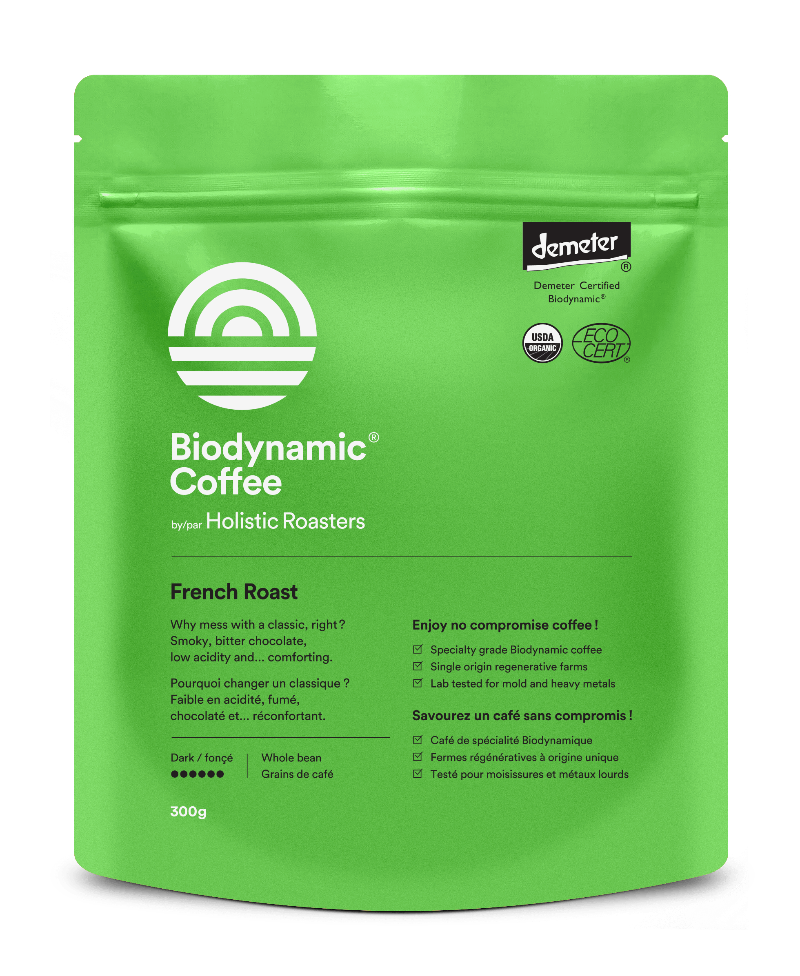Top 3 reasons we lab test our Coffee for mold
Why We Lab-Test Our Coffee for Mold
The Quick Scoop
While Specialty Grade coffee is less likely to have mold contamination, we still verify every harvest through third-party lab testing for three critical reasons: to ensure excellent taste by preventing off-flavors, to protect your health by eliminating harmful mycotoxins, and to extend shelf life by avoiding premature spoilage. Our commitment to clean, mold-free coffee means you get the best-tasting, freshest, and healthiest coffee possible.
Mold can be a significant problem for coffee beans because it can greatly impact the flavor and quality of the coffee as well as have significant negative health impacts. The good news is that, if you're buying Specialty Grade coffee, it's unlikely to be contaminated with mold. That's because the SCAA (Specialty Coffee Association of America) and licensed Q-graders who inspect and taste the coffee would not grade it high enough to designate it as Specialty Coffee. Still, we prefer to verify every coffee harvest we receive to ensure that it's mold-free.
These are the top 3 reasons we send our coffee for 3rd party lab tests.

1 Ensure Excellent Taste
As mentioned, mold can cause coffee beans to develop off-flavors and aromas, which will make the coffee taste bad. One of the things people say they love about Biodynamic Coffee is the taste – it's no accident. We take our coffee seriously.
2 Health Benefits
Mold can also be a health hazard. Some types of mold produce mycotoxins, which are toxic compounds that can cause serious health problems if consumed in large quantities. There are many health benefits associated with drinking coffee. Why negate these with mycotoxin contaminated coffee?
3 Shelf Life
Mold can also affect the storage and transport of coffee beans. If mold is present, it can cause the beans to spoil more quickly, resulting in a loss of quality and freshness – who wants that? Many of our customers say they find that our coffee retains it's freshness and flavors longer than other coffees. We certainly agree.
It costs more to test every harvest we receive for mold but we think it's worth it to make sure our coffee has great tasting flavors and aromas, and that it's the cleanest and healthiest coffee you can buy!
More on Mycotoxins
Mycotoxins are toxic compounds produced by certain types of mold, which can have negative health impacts. The negative health impacts of mycotoxins can vary depending on the type of mycotoxin and the amount consumed.
Some of the negative health impacts of mycotoxins include:
- Immunotoxicity: Mycotoxins can suppress the immune system, making the body more susceptible to infections and disease.
- Carcinogenicity: Some mycotoxins have been classified as carcinogens, which means that they can increase the risk of cancer.
- Nephrotoxicity: Mycotoxins can damage the kidneys, leading to kidney failure and other serious health problems.
- Hepatotoxicity: Mycotoxins can damage the liver, leading to liver failure and other serious health problems.
- Neurotoxicity: Mycotoxins can damage the nervous system, leading to neurological problems such as tremors, seizures, and cognitive impairment.
- Reproductive toxicity: Mycotoxins can affect the reproductive system, leading to infertility, miscarriages, and other serious health problems.
- Acute toxicity: Some mycotoxins can cause acute symptoms such as nausea, vomiting, diarrhea, and other symptoms that can be severe, depending on the amount consumed.
Some people may be more sensitive to mycotoxins than others, and long-term exposure can increase the risk of negative health impacts. So, it's important to take steps to reduce the risk of exposure to mycotoxins, and avoiding products that may be contaminated.
Our Commitment to Clean, Healthy Coffee
Our rigorous testing process ensures that every batch of coffee we roast meets the highest standards for both quality and safety. By investing in third-party laboratory testing, we're taking extra steps to deliver coffee that not only tastes amazing but supports your health and provides exceptional shelf life.
Experience the Difference of Truly Clean Coffee
Our commitment to mold-free, mycotoxin-free coffee means you get to enjoy all the health benefits of coffee without the risks. Explore our selection of lab-tested coffees and taste the pure, clean difference in every cup.
Shop Our Coffee





